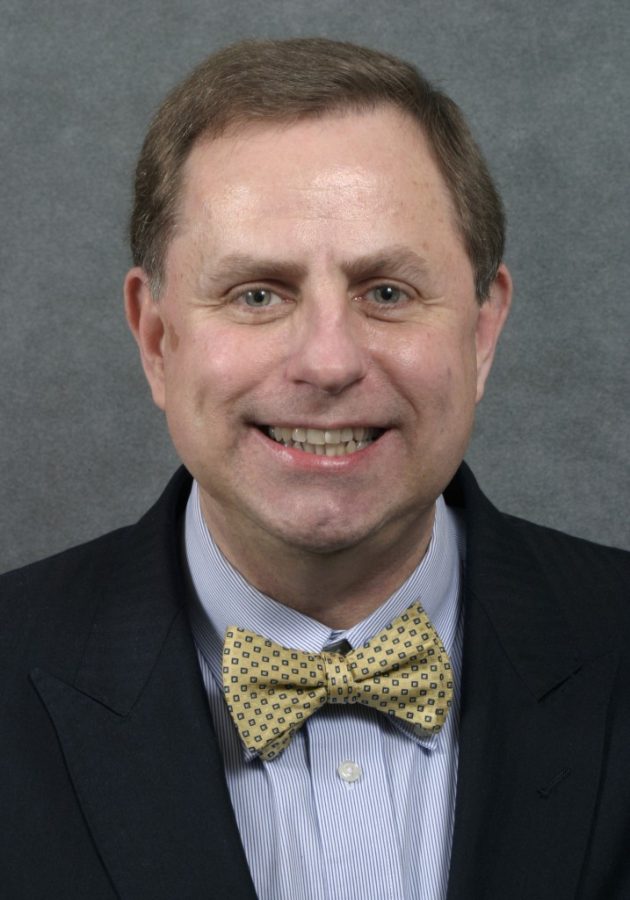I always wondered if my father would have wished that my brother and I would follow him in his twin callings of pharmacist and minister.
We both, my brother more than me, helped out at the family drugstore during the summers, but neither one of us ever felt compelled to follow in his footsteps at the prescription counter or the pulpit.
I will always be thankful that my father never insisted that we follow him in his chosen professions. Instead, he gave permission for us to follow our own bliss. The writer William Zinsser had the same experience.
“I saluted my father for not holding me to his expectations for me,” Zinsser wrote.
I hope my own son and daughter feel such a freedom, such a release.
I wish that all of my students – each of you – have the same opportunity, but to be frank many of you seem bound to your parents’ and friends’ expectations or ideas about what you should do with your lives.
Zinsser encouraged his students and now his readers to be comfortable with change, not to fear changing one’s major or even job in order to do what one truly loves to do.
“Change is a tonic,” he wrote.
In a 1988 commencement address at Wesleyan University, Zinsser used the occasion to remind parents “that their children have one life and should be allowed to follow their own best dreams.”
“Don’t assume that if you don’t do what other people seem to be insisting that you do, it’s the end of the world,” he told the graduates.
If you change to follow your own path, he said “something very nourishing can happen – a blessing, a form of grace. Be ready to be surprised by grace.”
That commencement day in 1988, Zinsser told those Wesleyan graduates that “One of the themes I’ve been talking to you about this morning – though I haven’t used the word – is separation. It’s very much on your mind today, and it will be many times again, and it will always be painful; none of the changes I made in my life were anything but scary at the time I made them. But there are two ways to think about separation: as a loss, or as a beginning. To separate is to start fresh.”
Change is a tonic. Zinsser returned to the theme of change and separation to end his talk.
“For you, I hope today will be the first of many separations that will mean putting behind you something you’ve done well and beginning something you’ll do just as well, or better. Keep separating yourself from any project that’s not up to your highest standards of what’s right for you – and for the broader community where you can affect the quality of life: your home, your town, your children’s schools, your state, your country, your world.”
According to Zinsser, change can help one to “live usefully,” and “nothing in your life will be as satisfying as making a difference in somebody else’s life.”
Zinsser does not let teachers and parents off the hook. “It comes down to permission,” he writes. “I’m struck by how scarce that commodity is.”
As professors, we must give permission to our students, to give permission for them to be all that they can be, certainly, but also to follow their bliss, to do what they are meant to do, to live as they are meant to live.
That might mean that a change is in order. For after all, change is a tonic.
Column by Duane Bolin, Professor of history































































































